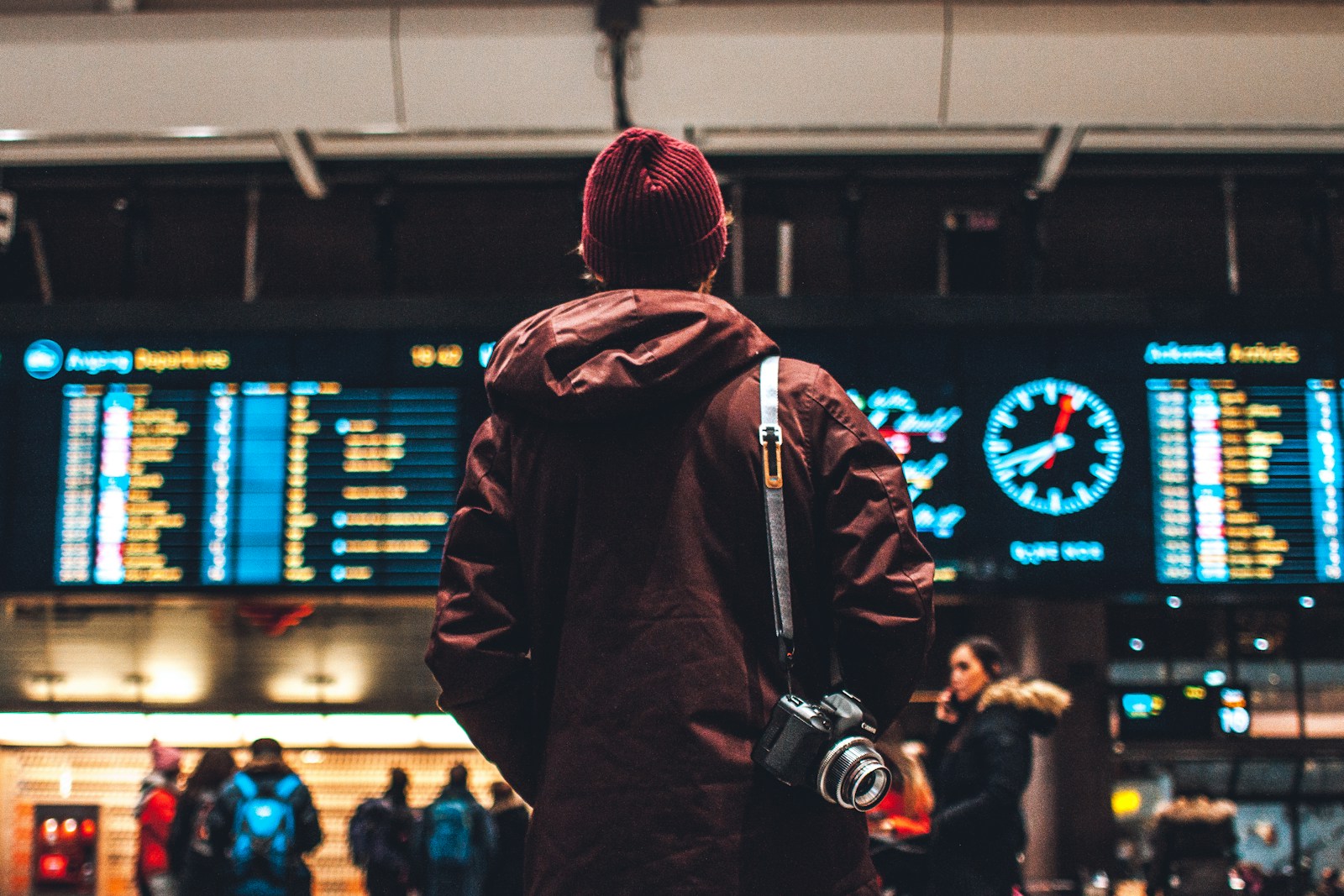Advances in AI-powered surveillance are transforming travel security, but the ethical implications cannot be ignored.
Key Points at a Glance
- AI-Powered Transformation: Artificial intelligence is revolutionizing travel security by analyzing massive datasets to predict and mitigate risks.
- Ethical Concerns: Transparency and bias remain significant challenges in the deployment of AI-driven surveillance tools.
- Efficiency vs. Privacy: AI can streamline operations and enhance traveler experiences, but raises concerns about privacy and data security.
- Collaborative Solutions Needed: Policymakers and developers must ensure ethical frameworks and robust oversight for these technologies.
The solar industry’s growth trajectory could hinge on how these policies are implemented.Predictive travel surveillance is entering a new era, powered by artificial intelligence (AI). From analyzing passenger data to identifying potential risks in real-time, AI-driven tools are revolutionizing the way security is managed in airports, train stations, and other travel hubs. These systems promise enhanced efficiency and safety, but they also raise significant ethical concerns about privacy and bias.
One of the most transformative aspects of AI in travel surveillance is its ability to process massive datasets and uncover patterns that would be invisible to human analysts. For example, predictive algorithms can flag unusual travel behaviors, potentially identifying security threats before they materialize. These behaviors might include last-minute ticket purchases, irregular travel routes, or frequent visits to high-risk regions. By analyzing these patterns, AI systems can provide early warnings and allow authorities to intervene proactively.
However, the reliance on such systems has sparked debates about transparency and accountability. Critics argue that while AI algorithms may be highly effective, they often operate as “black boxes,” offering little insight into how decisions are made. This lack of transparency makes it difficult to challenge or verify the fairness of the outcomes. For instance, if an AI system flags a passenger for extra screening, how can the individual confirm whether the decision was based on legitimate security concerns or a flawed algorithm?
Experts caution that predictive tools can perpetuate existing biases in datasets. If historical data reflects discriminatory practices, AI algorithms may inadvertently reinforce these biases, leading to unfair targeting of certain groups. For example, if past security screenings disproportionately focused on specific ethnicities or nationalities, AI models trained on such data might replicate and amplify these patterns. Addressing these concerns requires rigorous oversight, continuous auditing of AI systems, and a commitment to ethical AI practices.
Despite the challenges, proponents argue that AI’s integration into travel surveillance could streamline operations, reduce wait times, and enhance traveler experiences. By automating routine checks and prioritizing resources for higher-risk scenarios, AI could make travel safer and more efficient. For instance, biometric systems powered by AI can quickly verify identities, reducing the need for manual document checks and speeding up the boarding process. This efficiency not only improves passenger satisfaction but also allows security personnel to focus on more complex tasks.
Another potential benefit of AI in travel surveillance is its ability to adapt and learn over time. Machine learning models can analyze new data to refine their predictions, making them more accurate and effective as they process more information. For example, during peak travel seasons, AI systems can identify patterns specific to holiday travel and adjust their algorithms accordingly to maintain high levels of security without causing unnecessary delays.
However, the implementation of AI-driven surveillance also raises significant privacy concerns. Travelers may feel uneasy knowing that their every move is being monitored and analyzed. The collection and storage of personal data, such as travel itineraries, purchasing habits, and biometric information, create risks of data breaches and misuse. Governments and private companies must establish robust data protection measures to ensure that sensitive information remains secure and is used solely for its intended purposes.
Additionally, ethical considerations must guide the development and deployment of these technologies. Policymakers and technology developers must work together to create frameworks that prioritize transparency, fairness, and accountability. This includes establishing clear guidelines on data usage, implementing mechanisms for individuals to challenge decisions made by AI, and ensuring that surveillance tools comply with international human rights standards.
The future of predictive travel surveillance is undoubtedly promising, but it requires a careful balance between innovation and ethical responsibility. While AI has the potential to enhance security and improve efficiency, it must not come at the expense of individual rights and freedoms. As these technologies continue to evolve, ongoing dialogue and collaboration among stakeholders will be crucial to ensuring that their benefits are realized without compromising fundamental values.
